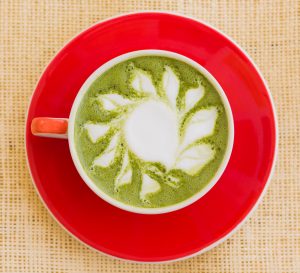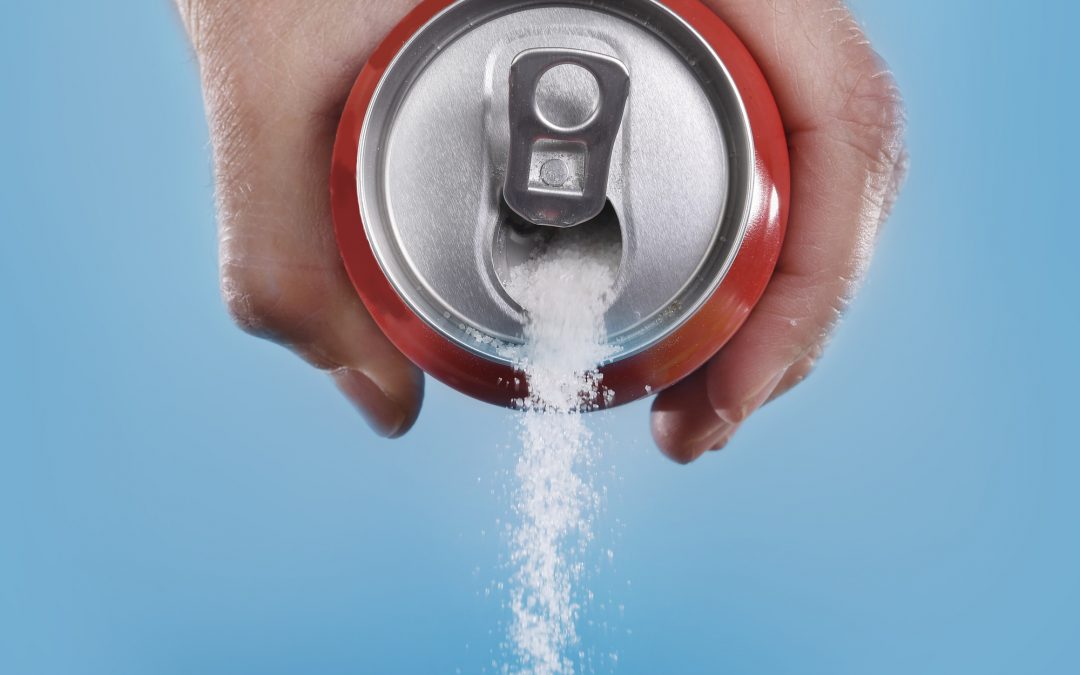You probably know the negative health effects of eating too much sugar, especially “added sugars” like in soda or soft drink, candy/lollies, baked goods, and many commercially-available cereals, just to name a few. Added sugar is hiding just about everywhere in the grocery store. Let’s investigate the role of artificial sweeteners as a sugar replacement.
Yes, ingesting refined sugar spikes your blood sugar and insulin, and increases your risk for a whole host of issues. This increase in insulin in your system puts your body in fat storing mode, so while this is happening, it’s impossible for you to lose weight.
A while ago, one of the food industry’s responses to the demand for lower-calorie foods that still taste great, was artificial sweeteners.
The idea behind them is that you can still get the sweetness, without the calories; like when you have a “diet drink” versus a regular one. Theoretically, this was going to help people maintain a healthy body weight, and hopefully not increase anyone’s risk of heart disease, diabetes, or obesity.
But, it doesn’t always work out the way we think it will…
Types of artificial sweeteners

Sugar substitutes fall into several categories, but what they all have in common is that they have a sweet taste and fewer calories than plain sugar.
Today we’ll specifically discuss “artificial sweeteners,” which are synthetic chemicals where a tiny bit tastes very sweet.
They’re also known as “non-nutritive sweeteners,” and include things like:
- Saccharin (Sweet & Low),
- Acesulfame potassium,
- Aspartame (Equal & NutraSweet), and
- Sucralose (Splenda).
Health effects of artificial sweeteners
Negative health effects from artificial sweeteners are cited all over the place, and while many studies show effects, others don’t. Cancer? Maybe yes, maybe no. Heart disease? Maybe yes, maybe no. Not to mention that much of the research has been on animals, which may or may not translate to people.
I did want to point out one ironic thing, to do with artificial sweeteners and weight.
One study found that people who tend to drink diet drinks have double the risk of gaining weight than those who didn’t.
Another study has shown an increased risk for metabolic syndrome and diabetes for those who consume diet drinks every day.
While these results don’t apply equally to everyone, they do somehow seem ironic, don’t they?
How do artificial sweeteners affect our bodies?

Now that’s a million-dollar question!
There are so many ideas out there to try to explain it, but the reality is we don’t know for sure; plus, it might play out differently in different people.
- Is it because people feel that they can eat cake because they’ve switched to diet drinks?
- Perhaps it’s because the sweeteners change the taste preferences so that fruit starts to taste worse, and veggies taste terrible?
- Maybe artificial sweeteners increase our cravings for more (real) sweets?
- It can be that the sweet taste of these sweeteners signals to our body to release insulin to lower our blood sugar; but, because we didn’t actually ingest sugar, our blood sugar levels get too low, to the point where we get sugar cravings.
- Some even say (and at least one animal study suggests) that saccharin may inspire addictive tendencies toward it.
- Maybe there is even a more complex response that involves our gut microbes and how they help to regulate our blood sugar levels.
Conclusion:
Understand that added sugar is not good for you, but the solution may not be to replace them all with artificial sweeteners.
I highly recommend reducing your sugar intake, so you naturally re-train your palate and start enjoying the taste of real food that isn’t overly sweet. This way you’re reducing your intake of added sugar, as well as not needing to replace it with artificial sweeteners.
Try having ½ teaspoon less of sugar in your hot morning drink. Try reducing a ¼ cup of the sugar called for in some recipes. Try diluting juice with water.
Your body will thank you!
The one sweetener that I recommend you use
Stevia is a herb that is naturally very sweet, around 100-200 times sweeter than sugar. The difference with stevia is that it doesn’t raise blood sugar levels like artificial sweeteners do. Stevia is available as dried leaf, powdered (looks like sugar) or liquid drops. If you are looking for something to use as a sweetener while you adjust your taste buds to using less sugar, this is your top pick.
Learn about the dangers of artificial sweeteners
Want to know more about the dangers of artificial sweeteners and how they affect your body? Grab my free report ‘Top High Intensity Sweeteners with Downer Side Effects’ here
Recipe (naturally sweetened): Sweet Enough Matcha Latte

Serves 1
1 teaspoon matcha powder
1.5 cup almond milk, unsweetened
1-2 teaspoons maple syrup or honey (optional)
- Heat almond milk and maple syrup/honey (if using) in a small pot.
- Add matcha powder to cup.
- When almond milk is hot, add about a ¼ cup to matcha and stir to combine.
- Add rest of the milk to cup.
Serve & enjoy!
Tip: You can steep a chai tea bag in the milk if you prefer chai tea over matcha.
References:
http://www.health.harvard.edu/blog/artificial-sweeteners-sugar-free-but-at-what-cost-201207165030
https://authoritynutrition.com/artificial-sweeteners-blood-sugar-insulin/
http://www.precisionnutrition.com/research-review-splenda-is-it-safe
https://chriskresser.com/the-unbiased-truth-about-artificial-sweeteners/

